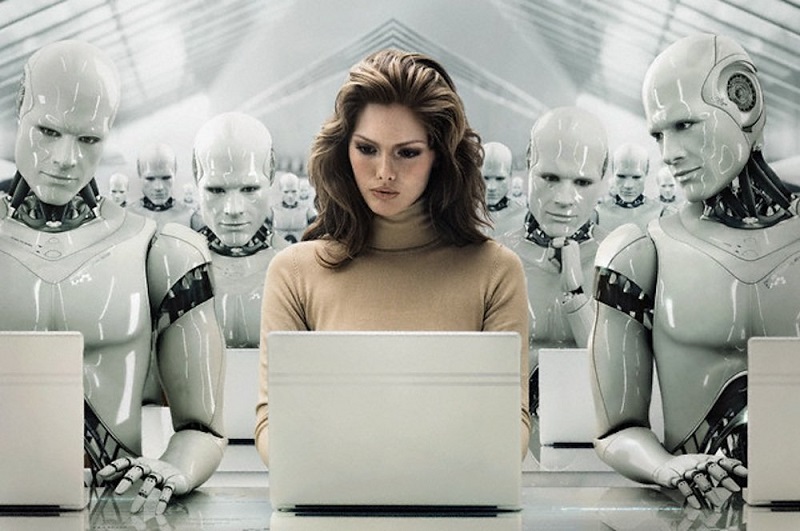
If news, polls and investment figures are any indication, Artificial Intelligence and Machine Learning will soon become an inherent part of everything we do in our daily lives.
Backing up the argument are a slew of innovations and breakthroughs that have brought the power and efficiency of AI into various fields including medicine, shopping, finance, news, fighting crime and more.
But the explosion of AI has also highlighted the fact that while machines will plug some of the holes human-led efforts leave behind, they will bring disruptive changes and give rise to new problems that can challenge the economical, legal and ethical fabric of our societies.
Here are four issues that need Artificial Intelligence companies need to address as the technology evolves and invades even more domains.
 Automation has been eating away at manufacturing jobs for decades. Huge leaps in AI have accelerated this process dramatically and propagated it to other domains previously imagined to remain indefinitely in the monopoly of human intelligence
Automation has been eating away at manufacturing jobs for decades. Huge leaps in AI have accelerated this process dramatically and propagated it to other domains previously imagined to remain indefinitely in the monopoly of human intelligence
From driving trucks to writing news and performing accounting tasks, AI algorithms are threatening middle class jobs like never before. They might set their eyes on other areas as well, such as replacing doctors, lawyers or even the president.
It’s also true that the AI revolution will create plenty of new data science, machine learning, engineering and IT job positions to develop and maintain the systems and software that will be running those AI algorithms. But the problem is that, for the most part, the people who are losing their jobs don’t have the skill sets to fill the vacant posts, creating an expanding vacuum of tech talent and a growing deluge of unemployed — and disenchanted — population. Some tech leaders are even getting ready for the day the pitchforks come knocking at their doors.
In order to prevent things from running out of control, the tech industry has a responsibility to help the society to adapt to the major shift that is overcoming the socio-economic landscape and smoothly transition toward a future where robots will be occupying more and more jobs.
Teaching new tech skills to people who are losing or might lose their jobs to AI in the future can complement the efforts. In tandem, tech companies can employ rising trends such as cognitive computing and natural language generation and processing to help break down the complexity of tasks and lower the bar for entry into tech jobs, making them available to more people.
In the long run governments and corporations must consider initiatives such as Universal Basic Income (UBI), unconditional monthly or yearly payments to all citizens, as we slowly inch toward the day where all work will be carried out by robots.
For more information visit: https://thenextweb.com/artificial-intelligence/2017/02/27/4-challenges-artificial-intelligence-address/#.tnw_7SZUIknK


















